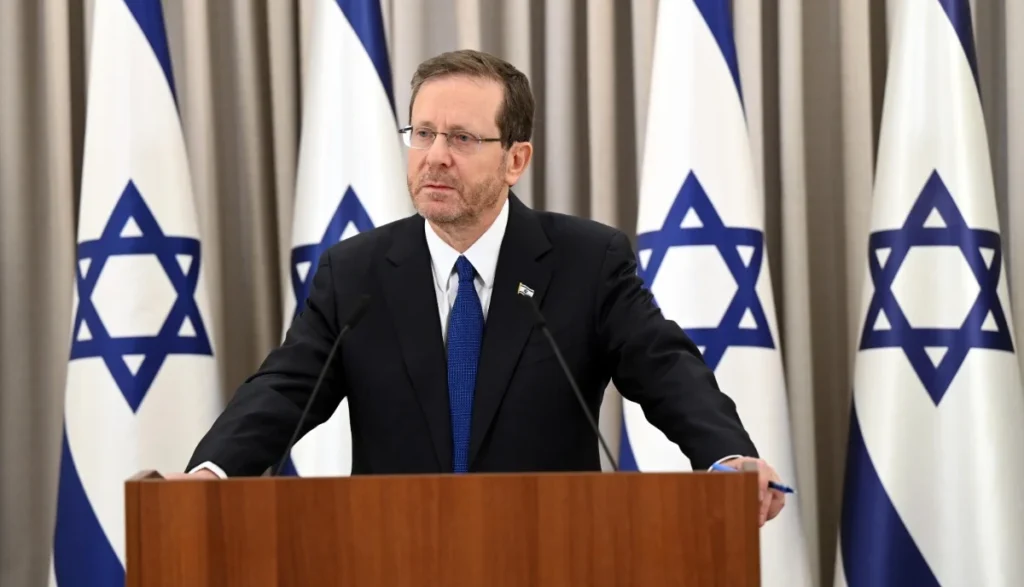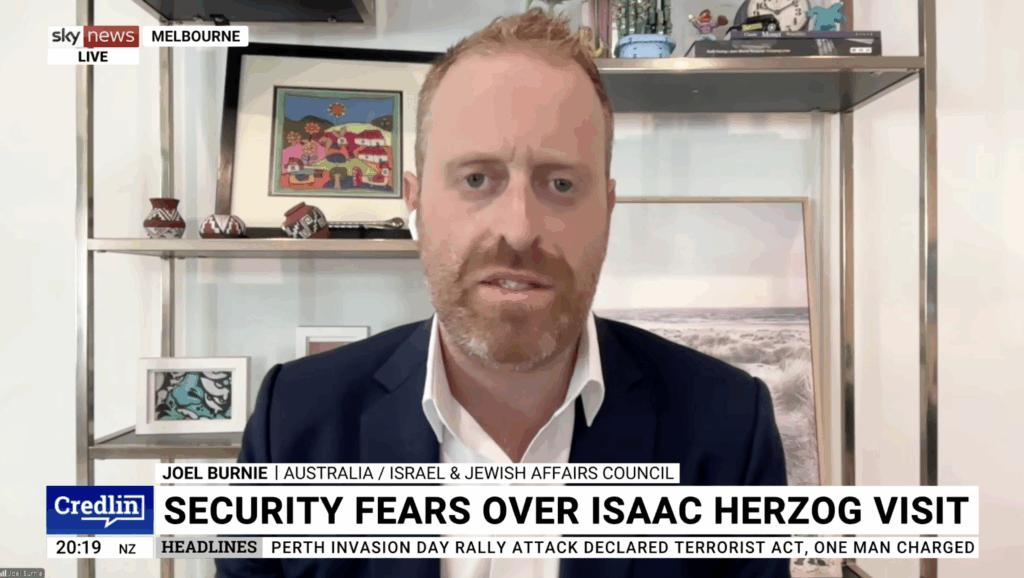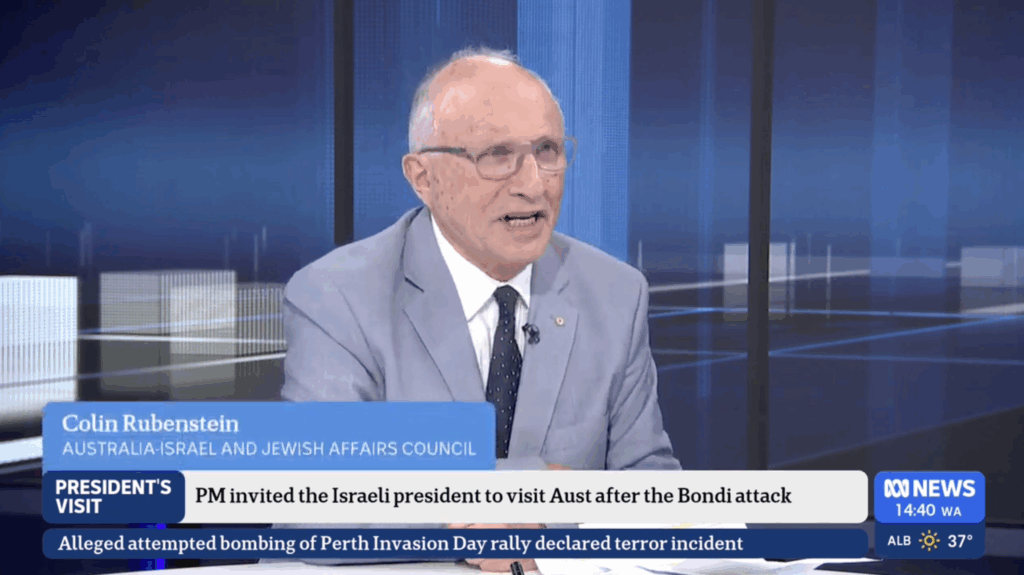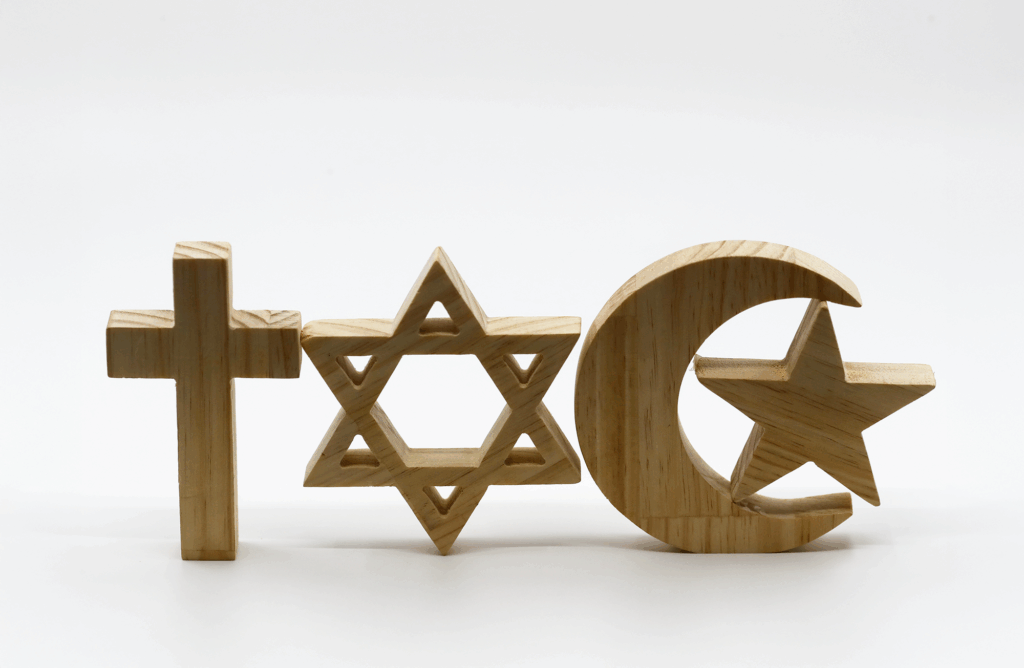IN THE MEDIA
Answers needed on Australian aid
March 26, 2020 | Naomi Levin
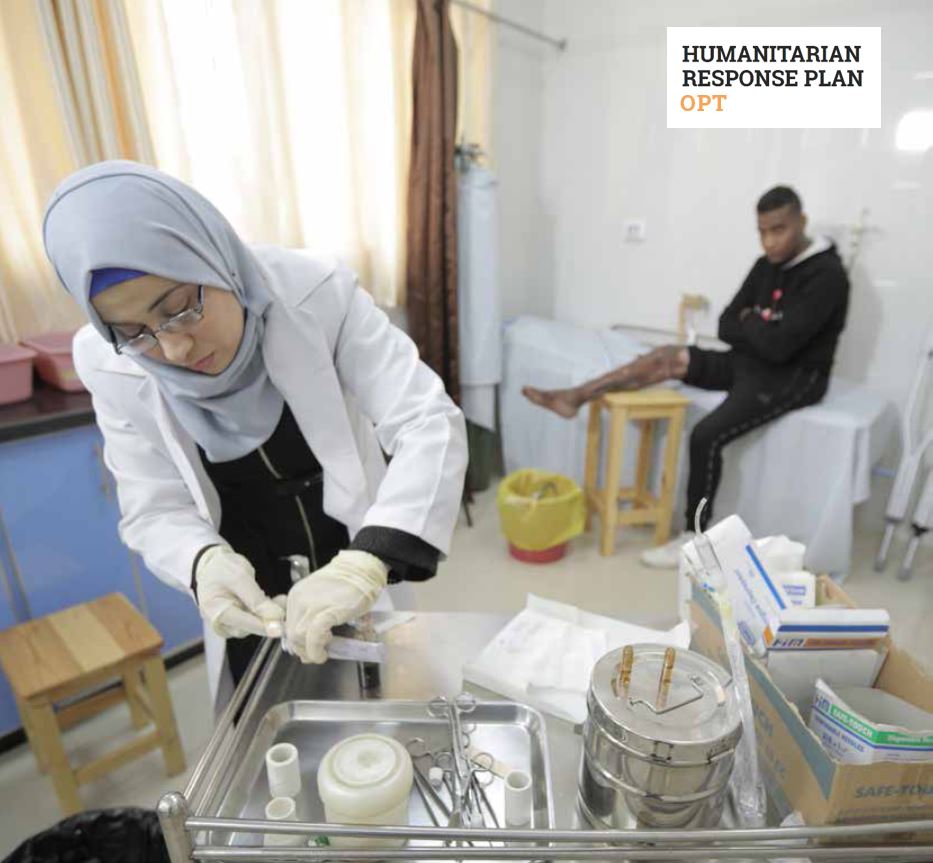
This article was first published in The Australian Jewish News on March 26 2020.
The Australian Government may be inadvertently funding Palestinian groups with links to terrorist organisations, as well as the anti-Israel global Boycott, Divestment and Sanctions (BDS) movement.
Nearly two years ago, Australia withdrew aid to the Palestinian Authority (PA) after President Mahmoud Abbas refused to confirm how he was using those funds. But in redirecting that money to a United Nations agency, Australia may have ended up supporting virulently anti-Israel charities.
In 2018, then-foreign minister Julie Bishop announced Australia would no longer fund the PA after Abbas failed to provide a requested assurance that he was not using Australian money to pay stipends for Palestinian terrorists and their families.
In response, Bishop announced that the AUD$10 million earmarked for the PA would instead go to the United Nations Humanitarian Fund for the Palestinian Territories. This represented around a quarter of Australia’s approximately $40 million annual commitment to supporting the Palestinian people by providing humanitarian and economic assistance.
The UN Humanitarian Fund is involved in a range of projects, but very few details were provided about the final destination of Australia’s generous donation. This was despite Bishop’s move making Australia the fund’s largest single donor in 2018, providing a quarter of the organisation’s total funding for that year. But research by AIJAC can now reveal details of this large donation.
We know now that:
- US $1 million in additional money was provided to the United Nations Relief and Works Agency for Palestine Refugees (UNRWA) for the purchase of emergency fuel for Gaza.
- US $1 million was allocated to unnamed UN agencies to provide food, water and health care for Palestinian people.
- US $2.4 million was specified for an emergency reserve for additional, unspecified, projects.
- US $3.1 million was delivered to international non-government organisations (NGOs), including for work in food, water and health.
It is this last category – the largest portion of funding – that raises eyebrows. This is because the Government has failed to identify which NGOs received a share of the US $3.1 million (AUD $4.6 million).
The UN Humanitarian Fund for the Palestinian Territories provides funding to projects administered by a number of different charities. Many of these are well-run, accountable and seemingly doing good work.
However, some among these groups have been found to have links to terrorist groups or members of terrorist groups. Others support the BDS campaign, an antisemitic and discredited attempt to demonise Israel and put at risk its entire existence.
When questioned about this risk, Australia’s Foreign Minister Marise Payne responded that “The guidelines for the UN Humanitarian Fund for the Palestinian Territories expressly state that interventions supported by the Fund are to be consistent with the core humanitarian principles of humanity, neutrality, impartiality and independence.”
UN watchers will know, however that the concept of UN impartiality and independence, when it comes to the treatment of Israel, is extremely dubious at best.
Regrettably, Minister Payne added that the Australian Government has not specifically asked about Australian money being potentially used by groups that support BDS.
Why does it matter? Well, firstly, the Australian Government, Labor Party and the Australian Greens all expressly oppose BDS.
While there are legitimate ways to criticise the policies of an Israeli government – when one is finally formed – there is unanimous agreement that BDS is not an acceptable avenue for Australian support. Australian public funding should not be supporting those with views that expressly contradict the platforms of Australia’s largest political parties.
Secondly, if we know that the UN Humanitarian Fund for the Palestinian Territories provides funding to groups that support BDS and are affiliated with terrorist organisations who have murdered dozens of Israelis, why did the Australian Government not take better care to avoid supporting those NGOs?
DanChurchAid, an independent Danish Christian organisation, has proudly and publicly boycotted companies that operate in Israel. It is a service provider for the UN Humanitarian Fund in the Palestinian Territories.
DCI-Palestine, another NGO affiliated with the UN Humanitarian Fund for the Palestinian Territories, signed the 2005 Palestinian Civil Society Call for BDS.
There are also DCI-Palestine board members who have served lengthy prison sentences due to their activity as members of a terrorist organisation, the Popular Front for the Liberation of Palestine (PFLP), which is banned in numerous countries.
A third affiliate charity, the Palestinian Centre for Human Rights, has similar links to the PFLP, with the group’s founder Raji Sourani, denied entry to the US because of his terrorist links.
Until the Australian Government can clarify otherwise, there are serious concerns that millions of Australian dollars may have gone into the coffers of DanChurchAid, DCI-Palestine and Palestinian Centre for Human Rights.
The Australian Government’s decision to withdraw funding to the PA on the basis that it may have been used to reward Palestinians who had murdered Israelis was commendable. Let’s hope this principled move has not been replaced with a funding decision almost as bad.

